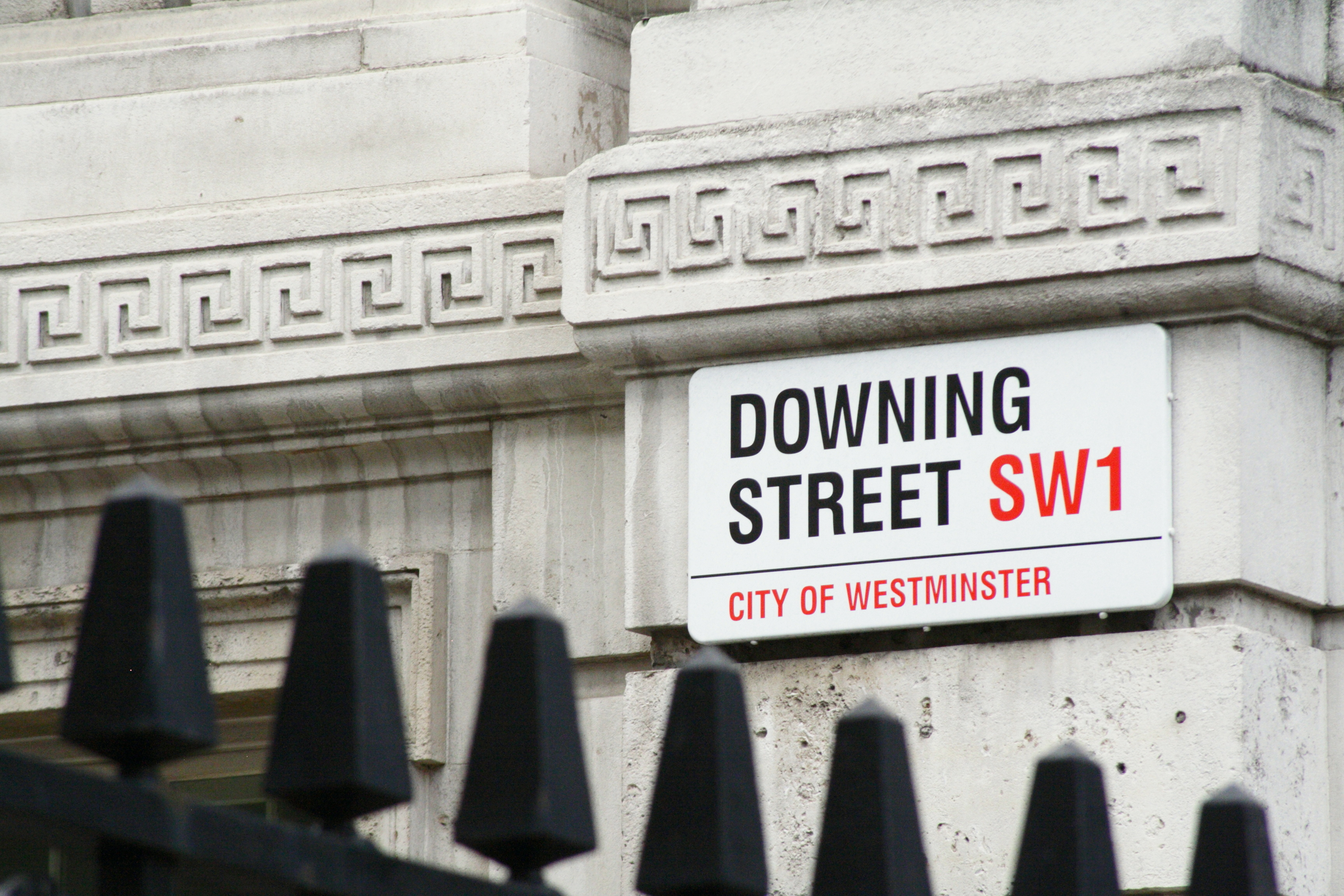
A major cabinet reshuffle is under way today (13 November) with former prime minister David Cameron making a shock return government to become the new foreign secretary.
His predecessor James Cleverly is taking on a new brief as home secretary following Suella Braverman’s sacking this morning.
Thérèse Coffey resigned as environment secretary later on in the day, saying it is “right time” for her to leave government. Coffey, who had been a deputy PM under Liz Truss, had served in ministerial positions for all five previous Conservative leaders.
As of the time of writing, Kemi Badenoch remains in her post as business and trade secretary, though there have been multiple resignations of junior ministers, including Jesse Norman from the Treasury, Will Quince from health and Nick Gibb from education.
Hunt remains
No 10 has confirmed that Jeremy Hunt will stay in post as chancellor, with the Independent reporting he is safe in the role until at least the Spring Budget. Hunt is due to deliver the much-anticipated Autumn Statement on 22 November.
The director general of the Institute of Export & International Trade (IOE&IT), Marco Forgione, recently wrote to the chancellor, in advance of the statement, calling on the government to introduce a new import strategy, more encouragement for MSMEs to trade internationally using e-commerce platforms and solutions to “plugging the UK’s skills gap”.
‘Daunting’ international challenges
Cameron’s return to government will grab the headlines, alongside the sacking of the controversial Braverman.
The former PM has not been involved in frontline politics since leaving Downing Street in the aftermath of the Brexit referendum in 2016. He resigned as an MP shortly after stepping down as Conservative Party leader in September of the same year.
“We are facing a daunting set of international challenges, including the war in Ukraine and the crisis in the Middle East,” he posted on X, formerly known as Twitter.
“At this time of profound global change, it has rarely been more important for this country to stand by our allies, strengthen our partnerships and make sure our voice is heard.”
Cameron will take a seat in the House of Lords to enable his appointment.
Bolt from the ‘Blue Wall’
He recently criticised the current PM Rishi Sunak for shelving plans to extend HS2 beyond the West Midlands, calling it a “wrong” decision. He was also investigated for lobbying the government on behalf of collapsed finance company Greensill Capital.
Commentators in the Guardian have suggested that Cameron’s return will be designed to appease to traditional ‘Blue Wall’ voters in historically Conservative-voting areas such as the South East of England.
They also note that both Cameron and Hunt – two of the four occupants of the ‘top jobs’ in government – voted remain, making this the “least Brexity” government since Theresa May’s time in Downing Street.
Good for trade?
Emma Jones, the founder of Enterprise Nation, has welcomed Cameron’s appointment as a “positive step for Britain’s global standing”, saying it “demonstrates the government’s commitment to boosting international trade”.
“When he was prime minister, I saw at first-hand David Cameron's ability to promote the UK on the global stage during a trade trip to China in 2013,” she said.
“He began speeches introducing himself as the 'salesman-in-chief for Britain' and a decade later, this is exactly what's required. Let's get back on ambitious trade trips and sell Britain to the world."
Article up-to-date at time of publication: 2pm 13 November.



